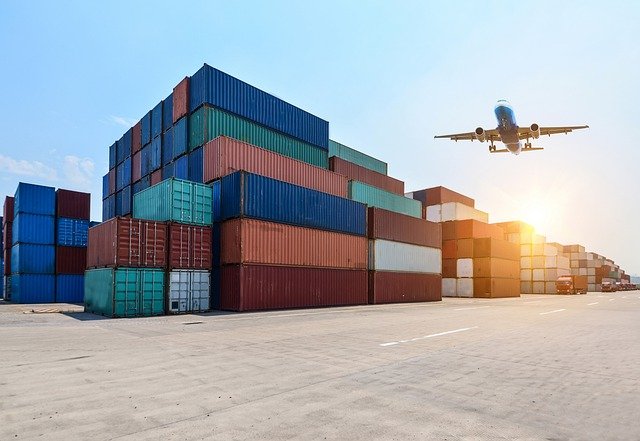-
Port congestion due to shipping disruption and container pile-ups on Baltic and Black Sea ports expected to worsen
-
Container xChange CEO Christian Roeloffs expects the impact of the Ukrainian conflict on container availability on various trades
-
He warns the backlash from the war will be yet more inflation, disruption and delays in the global container supply chains
Container build-ups due to shipping disruption on the Black Sea amid Russia’s week-old invasion of Ukraine will aggravate congestion at the region’s ports and hurt global container supply chains, a leading global container leasing and trading marketplace says.
Christian Roeloffs, founder and chief executive officer of Hamburg-based Container xChange, said that he expects the impact of the Ukrainian conflict on container availability will be felt on various trades.
He warned that with the nature of global container supply chains, the backlash from the war will be yet more inflation, disruption and delays.
“Due to ongoing disruption to shipping in the Black Sea, we expect container build-ups at ports to exacerbate at storage areas across the region,” Roeloffs said in a media statement on March 2.
He said world container shipping giant Maersk has pulled out booking shipments to and from any Russian ports, with the exception of foodstuff, medical and humanitarian supplies, and other carriers have followed suit.
MSC Mediterranean Shipping Company, Maersk and CMA-CGM have suspended new bookings to and from Russia from March 1 owing to the Russia-Ukraine war.
“Russian and Belarusian ports on the Baltic Sea and Black Sea will likely see a build-up of boxes if carriers refuse to make port calls due to the security situation and sanctions,” Roeloffs forecast.
“The full implications of sanctions are not yet clear, but the closure of the SWIFT (payment) system to Russia will make payments from Russian partners more difficult. The rouble has also been in freefall after Russia’s central bank was cut off from its reserves,” Roeloffs said.
The Container xChange chief predicted that maritime trade with Russia and its businesses “could be very difficult in the months and even years to come.”
He cited the UK’s ban on all Russian ships from its ports starting on February 28, as well as the arrest of a Russian ship by France on the same day for suspected carriage of sanctioned cargo.
Roeloffs expects more demand on the Asia-Europe trade for maritime shipments and equipment out of Asia due to the modal shift.
“For example, the Asia-Europe rail and road routes through Russia and Belarus are reportedly closed and/or being used by militaries. Borders with the EU are closed. The closure of air space across Russia and Europe has also reduced air freight capacity,” he said.
“We expect this awful war to add to the stretched nature of global container supply chains, bringing yet more inflation, disruption and delays,” Roeloffs said.
“Overall, the situation for container availability is likely to worsen, but this will vary by port and region. Central and Northern Europe is already congested, and any further trigger to the cargo flow will only worsen the state of container pileups,” he said.
Container xChange will continue to monitor the situation for its implications for global equipment networks and box availability, he said.





